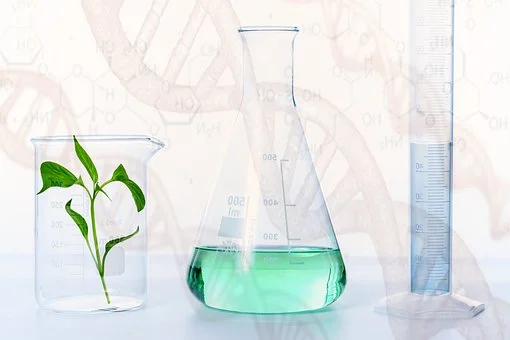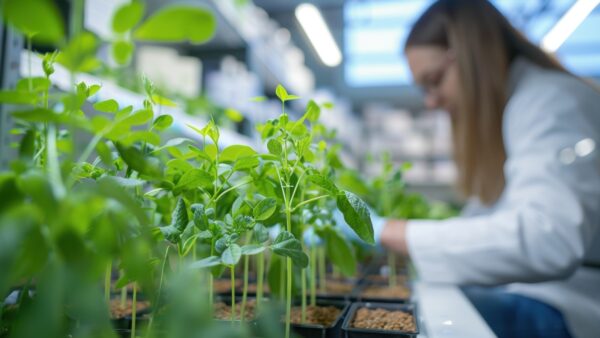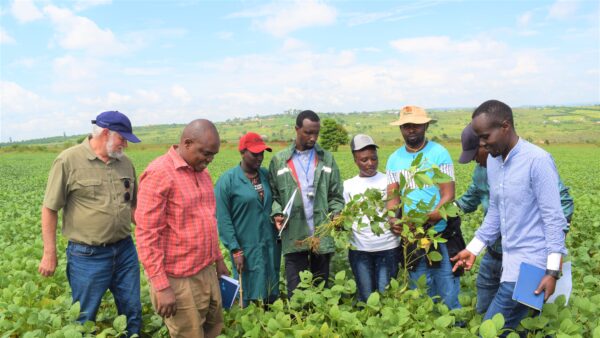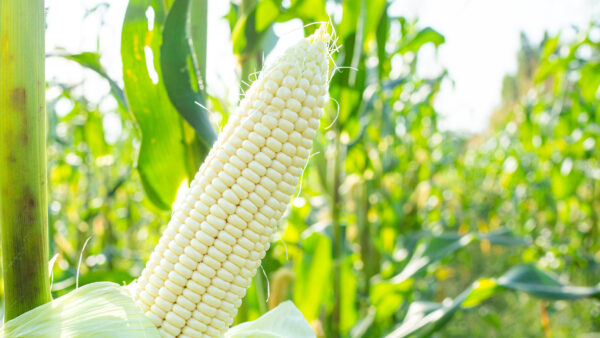For some, the words “genetically-modified” or “GMO” conjure up images of “Frankenfoods.” Seed World reached out to a few of these groups to better understand their perspective and get their take on the potential risks and benefits.
Never before has the debate around GMOs been more polarizing than it is today. A number of states have proposed labeling laws and the White House has directed the three federal agencies that oversee these products to develop a long-term strategy to ensure that the system is prepared for the future.
Regarding the labeling issue, as more than 30 states introduced legislation to require GM labeling in 2013 and 2014, an array of groups have been campaigning for the “Right to Know.” The Just Label It! campaign cites that more than 90 percent of Americans support mandatory labeling of GMO foods.
The Center for Food Safety underwrote the legal petition calling for mandatory labeling of GMO foods. The group had dubbed Sen. Pat Roberts (R-KS) effort to prohibit states from requiring genetically modified food labels as the “DARK” act — Deny Americans the Right to Know.
“The defeat of the DARK act is a major victory for the food movement and America’s right to know,” says Andrew Kimbrell, executive director of the Center for Food Safety. “It also is an important victory for Democracy over the attempt of corporate interests to keep Americans in the dark about the foods they buy and feed their families.”
The Just Label It! campaign is a project of the Organic Voices Action Fund and Organic Voices, which is designed to “educate and empower consumers by promoting the benefits of organic food …” Supporters of Organic Voices include Amy’s Kitchen, Clif Bar Family Foundation, Honest Tea, Lundberg Family Farm, National Cooperative Grocers Association, Organic Valley, Stonyfield Farm and Horizon Organic Dairy, among others.
A number of states have passed mandatory labeling laws, one of which is Vermont with the law scheduled to go into force July 1.
Just as the discussion heats up, the National Academies of Science published a comprehensive study that examined the safety of food produced from GM crops. NAS is just the latest to assess the technology found in up to 80 percent of packaged foods, and determined that data on incidence of cancers and other health problems over time “found no substantiated evidence that foods from GE crops were less safe than from non-GE crops.”
More Action Wanted
However, Food and Water Watch, a government accountability group in Washington, said the committee’s ties to the biotech industry and other corporations create conflicts of interest and raise questions about the independence of its work.
“Critics have long been marginalized,” says Wenonah Hauter, Food and Water Watch executive director.
In the report, NAS said regulators, including the U.S. Department of Agriculture and the Environmental Protection Agency, need to change the way they approve new seeds to focus more on the product and not the process used to create it. In determining whether a new plant variety should be subjected to safety testing, regulators should look at novel characteristics and the uncertainty about risk.
Scott Faber, who serves as the Environmental Working Group’s senior vice president for government affairs is optimistic the report will spur the need for additional research and transparency for GM crops and the products that contain them.
“If nothing else the report will create more urgency around the need to revamp the regulatory framework,” Faber says.
The labeling aspect is just one of many issues around biotechnology and GMOs. Others include unknown risks to human health, the environment and beneficial insects, as well as seed purity and sustainability.











